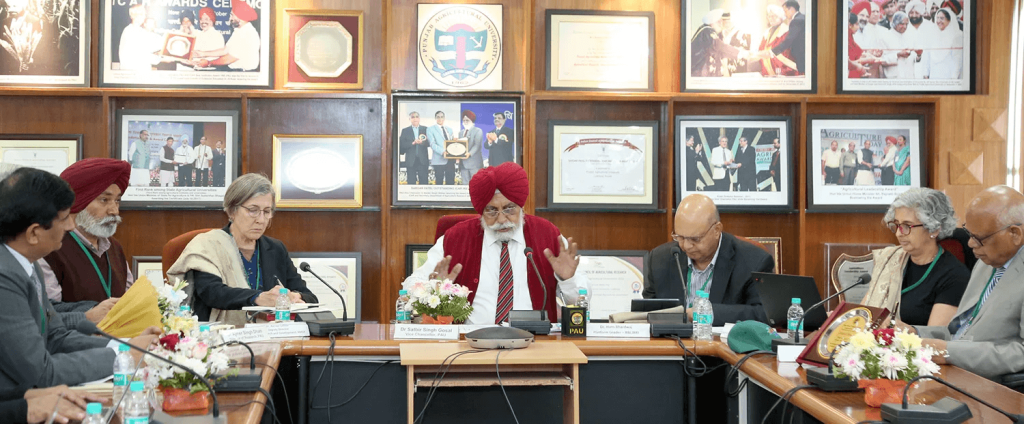Tags
Dry Direct Seeded Rice for the Indo-Gangetic Plains of India (PlantDirect)

Background
Dry direct seeding (DDS) is an innovative method for establishing rice crops by sowing ungerminated seeds directly into dry soil. This approach offers significant advantages over traditional transplanting, such as lower water usage, reduced labor inputs, and compatibility with mechanization. In the Western Indo-Gangetic Plain (WIGP), intensive water demands from transplanted rice have led to aquifer depletion, while long duration varieties promote straw burning pollution due to insufficient time for natural decomposition. Adopting short-duration varieties with DDS can mitigate these issues.
DDS, combined with effective water management, significantly lowers methane emissions and is gaining traction in Punjab, Haryana, and western Uttar Pradesh due to labor and water shortages. It also benefits Eastern India by enhancing crop maturity, drought resilience, and overall profitability by facilitating timely rice and subsequent wheat plantings. However, few rice varieties are specifically bred for DDS conditions, as most breeding occurs in puddled, transplanted fields.
The DDS environment presents challenges like increased weed competition and reduced nutrient availability, necessitating additional agricultural inputs. Although some transplanted varieties perform adequately under DDS, achieving genetic gains in these conditions demands dedicated breeding efforts. Ideal DDS traits include tolerance to anaerobic germination and deeper sowing, rapid seedling growth, robust tiller formation under variable soil moisture, high biomass production, and resilience to temporary unsaturated soils during reproductive phases. Developing varieties with these traits would enhance water efficiency, cut labor costs, ease women’s workload, and support better crop residue management.
Objectives
The project aims to mitigate greenhouse gas emission, specifically methane, by reducing the length of time during which soils are saturated in rice fields on the Indo-Gangetic Plain. The technologies developed are expected to greatly benefit women household laborers by eliminating time devoted to transplanting and compared to previous DDS systems, by reducing the time spent in weeding the rice fields.
https://www.irri.org/node/2129Published Date: August 1, 2025






